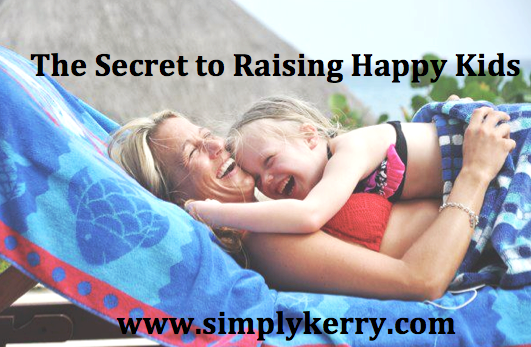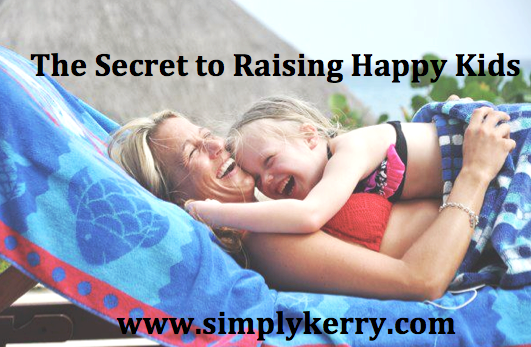After a recent session with a client I was saddened, troubled and left wondering: How do we grow up in a world and not know that we are supposed to love ourselves? I needed answers, so I went to the experts — my kids.
I asked my 5-year-old daughter, Teya, if she loved herself. She looked at me like I was crazy, “Mom, that is a weird question. But, YES!”
“Why do you love yourself,” I asked.
“Because I help people, and I make them happy,” she said.
Then I asked, “Teya are you good at stuff?”
“I am good at soccer, gymnastics, dancing, playing, coloring, cutting paper, making friends, and loving people,” she answered proudly.
I smiled, hugged her tight and told her I loved her.
I then went to talk to my 8-year-old son, Elliot, who was in his room picking out his clothes for the next day. Any other day, I would have thought nothing of it. But suddenly it struck me. It was starting — conditioning, the world’s influence that tells us who we should be. In the room next to us, his younger sister carelessly put on whatever clothes she could reach in her closet. “Matching” to her was something you did in a game called “Memory.”
I sat on my son’s bed and watched as he carefully chose his attire. It brought back memories of me sitting in my room trying on a million different outfits before I left to meet my friends. I watched and wondered what he was thinking about. Was he thinking the same things I did: “Is this outfit cool?” “Will they make fun of me?” “Do I look fat?”
As Elliot was laying his final selection on the floor, I said: “Elliot, I have kind of a weird question. Do you love yourself?”
He shrugged his shoulders. “Um, I guess,” he said.
“What do you love,” I asked.
“Um, I’m hilarious,” he said. “And I’m nice.”
“What don’t you love,” I asked.
The smile left his face.
“I don’t like when I am not good at things or when I make mistakes and screw up. Or when I get frustrated,” he said.
I went to bed that night shocked and disheartened by how different my kids’ answers were. The few years difference in age was starting to really have significance when it came to how my children viewed themselves and the world.
Teya’s free-spirit, innocence, and radiant confidence is still acceptable at her age. She can still wear a costume on a rainy day and tell people she is awesome. Society still thinks this is cute and innocent.
However, society wouldn’t think the same of Elliot.
He has entered an age where he now has to navigate the rough waters of social acceptance.
Costumes aren’t cool anymore, and he now has to cautiously select his attire. He can’t claim he is awesome, because he may be accused of being self-centered and indulgent.
Protecting my children from the conditioning of society seems staggering. How do I keep them from suffering like I did? How do I keep them from straying from their authentic self, the person they were created to be? I then think of my client and found my answer — my kids needed to know they had to love themselves.
My son needs to know that he needs to love himself even when he makes mistakes. He needs to know his self worth is not based on social, academic, and athletic success.
As a parent, I need to recognize his unique gifts and talents and honor them instead of trying to change them.
If we, as parents, want our children to avoid the pain my client felt, we have to recognize the need to love and support our authentic children.



What beautiful reminder Kerry!!! Something I needed to hear today, reinforce to myself and especially with my kids. God bless your insight, thanks for sharing!